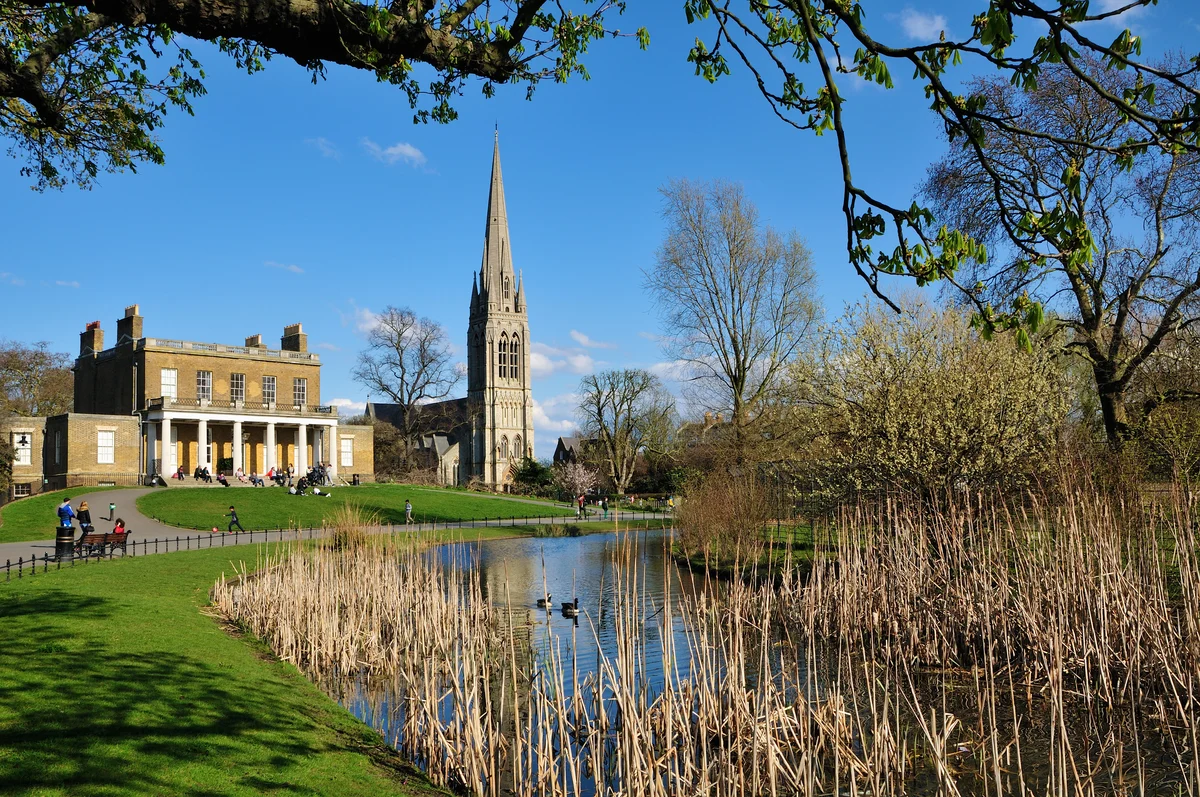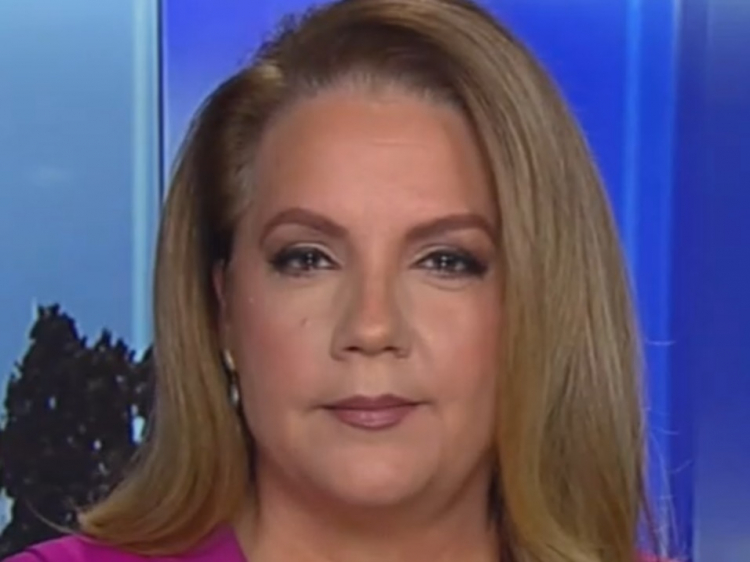By Michael Tanenbaum
Copyright phillyvoice

Philadelphia District Attorney Larry Krasner held the first of three town halls on Tuesday night to discuss the possibility of the Trump administration sending National Guard troops to the city as part of a federal crackdown on violent crime.
About 100 people filled the pews at the Salt & Light church in Southwest Philadelphia, where the District Attorney’s Office assembled a panel to talk about the legalities of federalizing local law enforcement and the tools cities have to resist the Trump administration’s tactics.
MORE: Philadelphia job growth is strong post-pandemic, but office vacancy persists
“We are here because all over the city are people who do not want an invasion,” Krasner told the audience. “All over the city are people who want to save their democracy — and they’re looking for a call to action.”
Krasner has been among the nation’s most vocal critics of the president deploying military personnel in U.S. cities, a strategy that began in Los Angeles in June during protests against federal immigration sweeps. Since then, Trump sent more than 2,200 National Guard soldiers to Washington for a 30-day emergency takeover and launched a “strategic mission” this week to deploy troops in Memphis with the support of Tennessee Gov. Bill Lee (R).
Cities including Chicago, St. Louis, Oakland and New Orleans have been floated as other places troops could be sent in the coming months. Trump has not mentioned Philadelphia, where there has been a major decline in homicides and other crimes over the past two years.
“The fact is that almost everything this president is doing is detrimental to public safety,” Krasner said. “Not only do we not need his help, he will make everything worse if he tries to do this.”
‘We are going to record history’
The Trump administration was dealt a potential setback this month when a federal judge in California ruled that the deployment of armed forces in Los Angeles violated the 19th century Posse Comitatus Act that defines how the military can support civilian law enforcement on U.S. soil. The Trump administration has appealed the ruling, which only addressed the events that unfolded in Los Angeles.
University of Pennsylvania law professor Kate Shaw, who joined Tuesday’s town hall panel, said the California court ruling may not withstand federal review even if it could influence the scope of National Guard deployments elsewhere.
“This Supreme Court has not shown itself to be a body that is willing to robustly protect our most cherished constitutional freedoms,” Shaw said. “It’s not that courts never will. Lower courts are actually, I think, acting as a real bulwark against many of the overreaches and excesses of this administration. But time and again, these decisions get up to the Supreme Court and it sides with Trump.”
Krasner, who is seeking reelection for a third term in November, said his office has several tools available to push back against a National Guard presence in Philadelphia. The District Attorney’s Office can charge federal officials with state crimes — most notably official oppression — that can be tried in state court without the possibility of a federal pardon for those who are convicted.
“It is when an official knowingly violates the law and steals people’s rights,” Krasner said. “That’s a second degree misdemeanor. There’s also criminal statutes around unlawful restraint … and obstructing the administration of justice and the obstruction of evidence.”
Krasner said Philadelphia residents can’t rely on elected officials alone to send a message to the federal government that militarized police are unwanted. The District Attorney’s Office is setting up a federal accountability unit to review citizen complaints about constitutional violations, including immigration-related enforcement and military conduct during a potential deployment.
Krasner encouraged Philly residents to use their phones to record interactions with federal officials and post their encounters on social media, particularly if the National Guard is deployed to the city.
“(If) they see things that bother them a little bit, it might or might not be illegal, but that’s for experts to determine,” Krasner said. “You can video that. … We are going to record history. We are not going to let the history be erased.”
Tensions flare
The town hall on Tuesday night was briefly interrupted by a member of the audience when Krasner claimed some of his political opponents — including Republicans in the state legislature — hold beliefs that align with Nazi ideology.
“These are people who agree with Adolf Hitler when he said ‘equality is a degenerate notion,'” the DA said.
“Lies,” a man in the audience shouted at Krasner. “That’s why Charlie Kirk was killed. You’re demonizing. That’s a disgrace.”
The audience member, later identified by 6ABC as Frank Scales, remained at the town hall until the end of the first panel discussion.
“If Krasner disagrees with Trump, he should say that in good faith, not demonize him and call him a fascist,” Scales told 6ABC outside the church.
Krasner defended his comments after the event.
“It is absolutely necessary to recognize the times we are in, to not be appeasers, to not stand by, to not let people take over everything that I believe in and the city believes in,” Krasner told reporters.
‘Mobilization matters’
The Trump administration’s ability to deploy the National Guard in cities may depend crucially on cooperation from states, which generally reserve police power over guardsmen under the 10th Amendment. In limited circumstances, the federal government can invoke Title 10 of the U.S. Code to take command of a state’s National Guard to respond to invasions, rebellions and violent civil unrest.
Pennsylvania Gov. Josh Shapiro (D) indicated earlier this month that he is planning for a possible troop deployment, but did not share specifics about the state’s likely response.
“Ever since the president made what I think is a wrong-headed decision to take the guard away from the governor and put them on the streets of Los Angeles, we have been preparing for such a thing to happen here in Philadelphia,” Shapiro said at an event in the city in early September.
A spokesperson for Shapiro’s office did not respond to a request for comment this week.
In Illinois, Gov. JB Pritzker (D) and Chicago Mayor Brandon Johnson have both pushed back against Trump’s threats to send in guardsmen. The president this week said he hoped Chicago would be among the first cities with a military presence, but he’s taken a more cautious approach due to anticipated resistance.
“We’d love to save Chicago,” Trump said. “We don’t want to go into a hostile (environment). The people would greet us, but they have professional agitators.”
Danielle Shaw-Oglesby, the mother of a 23-year-old Penn State University student who was fatally shot in Philly in 2018, told the town hall audience she believes the Trump administration wants to provoke anger in communities by sending in the National Guard. She questioned whether they are properly trained to de-escalate conflict, adding that the city’s progress reducing crime speaks for itself.
“I think this is a trap to get us to get our hands and feet dirty and everything — and be the angry Black community, the angry Brown community, so (Trump) has justification to come in here and do what he wants to do,” Shaw-Oglesby said. “But it’s not going to help us.”
Kate Shaw, the Penn professor, said Trump’s comments about Chicago are a sign that citizens hold considerable power to voice their disapproval of the administration and make the president reconsider federalizing local law enforcement.
“I think the president was saying, ‘The public won’t tolerate it, and so we’re going to look elsewhere,'” Shaw said. “And so I do think mobilization matters tremendously — informed by a legal framework that should govern. (In) some ways, the law is less important than what the public understands about the basic framework of law (and) communicates to the federal government about what we understand core constitutional values to be.”



